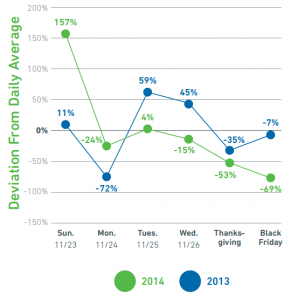 If you are self-employed, or run a small business, you may be wondering whether it’s necessary to hire an accountant.
If you are self-employed, or run a small business, you may be wondering whether it’s necessary to hire an accountant.
In many cases, it’s possible to do your own books, rather than passing the buck onto a professional. Let’s take a look at the pros and cons of giving your bookkeeper the boot, and what doing your own accounts involves.
The case for hiring an accountant
Saving time: If your time is more valuable to your business than the cost of hiring an accountant, it might not be worth doing your own books.
For example, let’s say you take five hours to complete a task that would take a professional accountant one hour. If you would normally make £150 an hour, it would cost you £750 to complete the task. It’s unlikely you would pay an accountant this much for an hour of his or her time.
However, this is an extreme example. You may become super quick at doing your books, or find time to do them outside your working hours.
Expertise: Accountants are more than living calculators. A good accountant can offer you expert financial advice, from saving money to increasing capital, helping your business thrive.
The case for going it alone
No legal requirement: Many people assume that their accounts must be handled by a qualified professional. The reality is that, as long as HMRC receives accurate financial information on time, it doesn’t matter who does it.
Cutting costs: Hiring an accountant isn’t cheap. Imagine how much more you would have to invest in other parts of your business if you were able to do your own books around the rest of your work.
Learning about your own business: An often ignored perk of doing your own accounts is the insight it gives you into your own business. Being acutely aware of the sources of your profits and losses can help you make wiser decisions for the future.
Keeping records
Before you decide to go it alone, you need to know exactly what you would be taking on.
If you need to complete your online tax return, join qualified accountant Pat Barlow on the 15th January to find out what records you need to use. Sign up to the webinar here.
HMRC requires you to provide the following records.
A profit and loss account, containing:
- Income
- Earnings
- Expenses
- Costs
A balance sheet, containing:
- Assets
- Liabilities
- Equities
This will mean keeping records of every aspect of your business’s finances, including:
- Sales
- Expenses
- Investments
- Your income
- What you owe
- What is owed to you
- The value of all stock and incomplete work
- The year-end bank balance
- VAT (if you are VAT registered)
- PAYE (if you have employees)
Ultimately, the decision of whether to do your own accounts comes down to how confident you are with keeping financial records, and how cost effective it would be for you.
Business & Finance Articles on Business 2 Community
(334)






